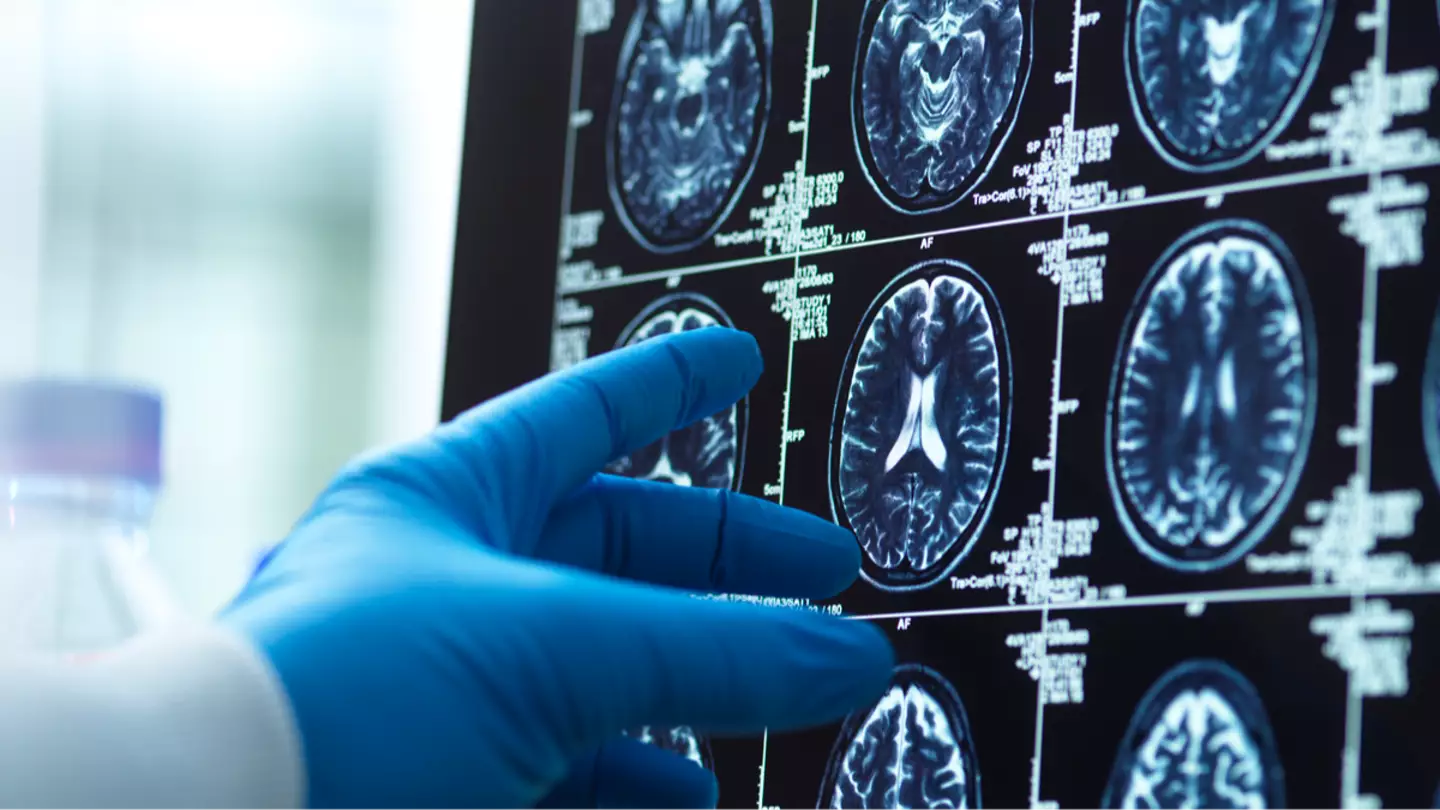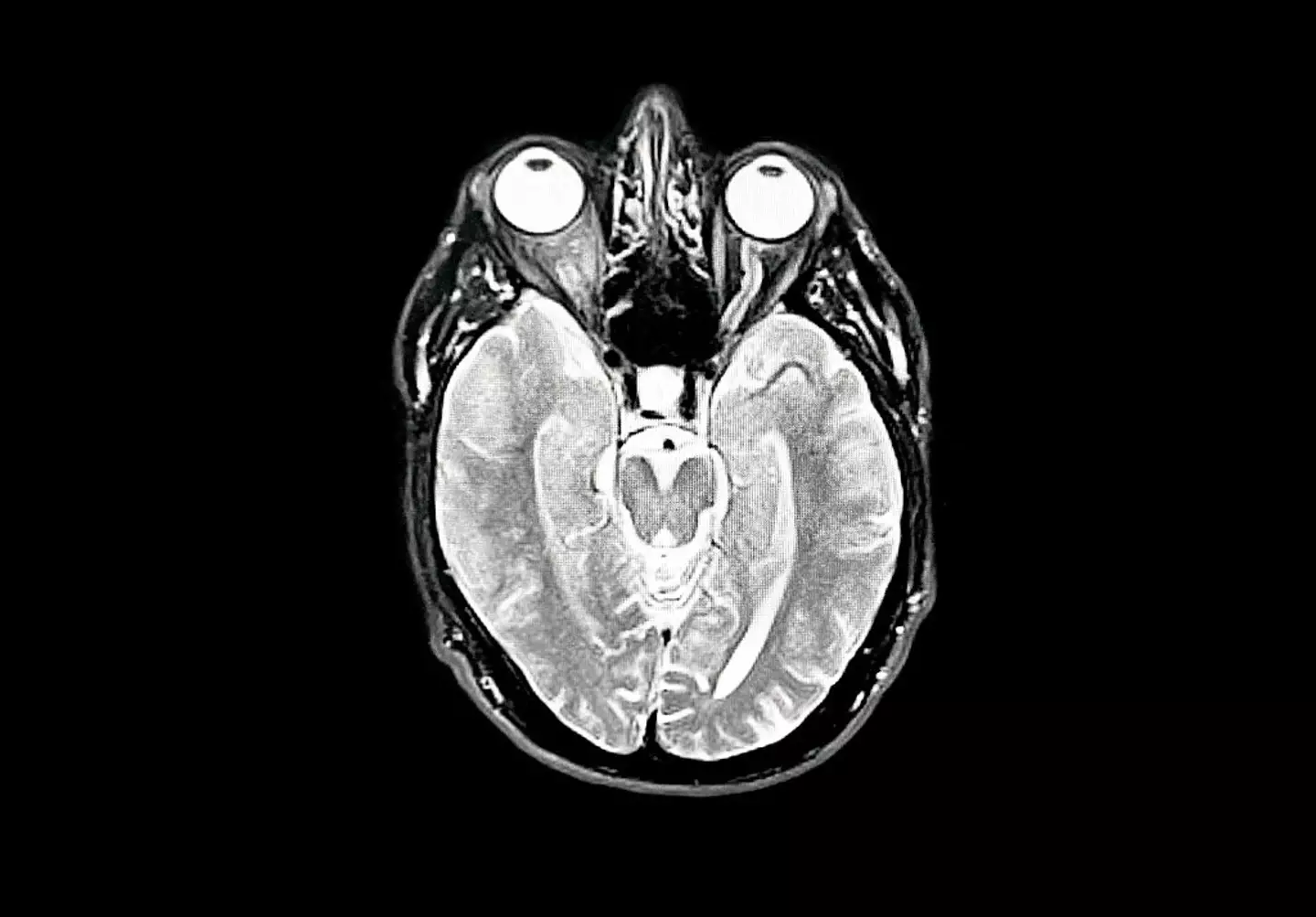
A dementia specialist has urged people to be more vigilant in their efforts to spot early signs of the chronic condition - highlighting symptoms not involving memory.
There are currently an estimated 6.7 million Americans living with the devastating syndrome, and that number is expected to more than double to 14 million by 2060, according to the Centers for Disease Control and Prevention.
A study calculated on the back of the CDC's figures found that the lifetime risk of people in the US over the age of 55 developing dementia ranks at 42 percent.
With the probability of being diagnosed with dementia appearing to increase year-on-year, it's more important than ever to know the early signs that indicate whether you or someone is showing symptoms.
Advert

These can be changes to the way things feel when you touch them, as well as alterations in your sight, taste, hearing and even balance.
Yes, scientists now believe that there is evidence to suggest that dementia begins to impair our senses long before the 'traditional' memory-related symptoms show.
"Broadening the diagnostic approach beyond memory testing raised the potential to identify dementia at preclinical stages when therapies and life modifications may be most effective," Professor Jan Kremláček, of Charles University in Prague, explained to the Mail Online.

While dementia isn't curable, an early diagnosis is crucial to slowing the disease so that those living with the condition can plan for the future, and can undertake therapies to help manage their symptoms more effectively.
Kremláček continued: "Many patients report experiencing these sensory changes years before receiving a diagnosis, but these symptoms may be overlooked during standard cognitive assessments.
"Understanding and addressing these issues, and providing support earlier could be transformative, enabling health care providers to offer the vital emotional and social support patients need at a potentially confusing and distressing time.

"In addition to this, understanding changes in a person's senses can help support a clinician in determining a dementia diagnosis."
With the condition being neurodegenerative, meaning cells in the brain lose their function and die, it is now believed to have an impact on our senses.
University of West Scotland's expert in young-onset dementia, Molly Murray, wrote for The Conversation that many patients complain of having experienced problems with their eyesight prior to receiving their diagnosis.
She penned: "Research shows that for around one third of people with young-onset Alzheimer’s disease [which is the most common form of dementia], the earliest symptoms they had were problems with coordination and vision changes."